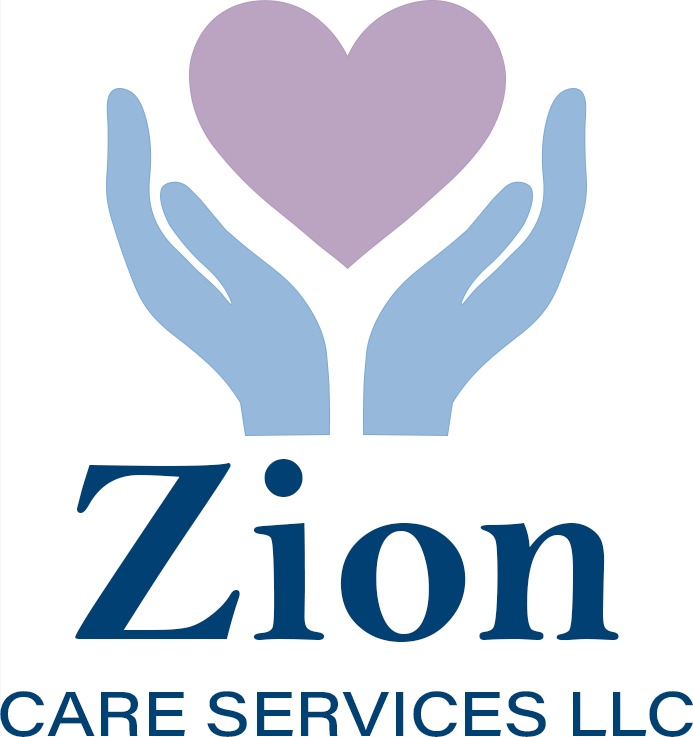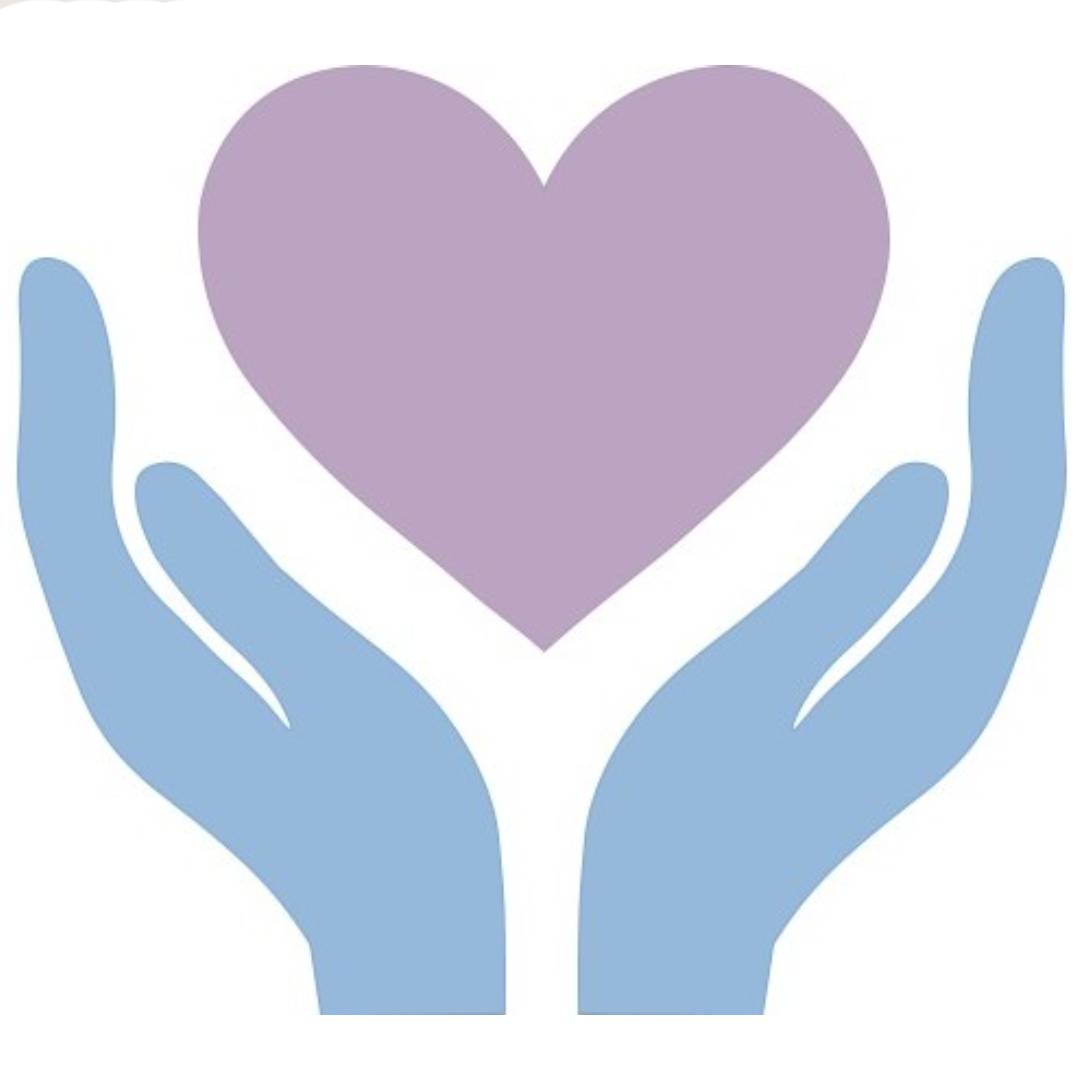Hospice Chaplain

Position Title
Hospice Chaplain / Spiritual Care Coordinator
Reports To
Hospice Manager
Position Summary
The Hospice Chaplain provides spiritual and emotional support to hospice patients and their families, respecting diverse beliefs, traditions, and values. As a member of the Interdisciplinary Team (IDT), the Chaplain helps address spiritual concerns, provides counseling, and ensures that patients’ end-of-life wishes are honored in accordance with their faith or personal philosophy.
Key Responsibilities
1. Spiritual and Emotional Support
– Conducts spiritual assessments for patients and families upon admission and throughout care.
– Provides counseling, prayer, or spiritual rituals as requested by the patient or family.
– Assists patients and families in exploring meaning, legacy, and end-of-life issues.
– Offers grief and bereavement support during and after the patient’s death.
2. Interdisciplinary Team Collaboration
– Participates in IDT meetings and contributes to the patient Plan of Care.
– Provides insight into patient/family spiritual needs, coping styles, and cultural practices.
– Collaborates with nurses, social workers, and volunteers to provide holistic care.
3. Community and Family Resources
– Coordinates with local clergy, faith communities, and spiritual leaders when requested.
– Provides education to families on grief, coping, and spiritual practices.
– Connects patients with external resources such as funeral planning, memorial services, or religious rites.
4. Compliance and Documentation
– Completes spiritual assessments, visit notes, and care plan contributions in compliance with Medicare Conditions of Participation.
– Maintains confidentiality in accordance with HIPAA and agency policies.
– Participates in QAPI activities to improve spiritual care delivery.
5. Education and Advocacy
– Educates hospice staff and volunteers about cultural and spiritual diversity.
– Promotes awareness of hospice philosophy within the community.
– Advocates for patients’ rights to spiritual care and dignity at the end of life.
Qualifications
– Master of Divinity (M.Div.) or equivalent theological degree preferred.
– Ordination or endorsement by a recognized faith community.
– Clinical Pastoral Education (CPE) training preferred.
– Minimum of 1–2 years’ experience in pastoral care, hospice, or healthcare chaplaincy.
– Strong communication, counseling, and interfaith sensitivity skills.
Work Conditions
– Works primarily in patient homes, nursing facilities, and assisted living facilities.
– Travel required within the hospice service area.
– Flexible hours, including availability for crisis calls, evening, or weekend support.



















